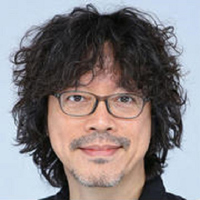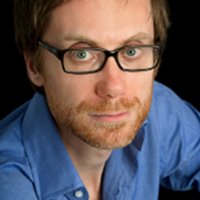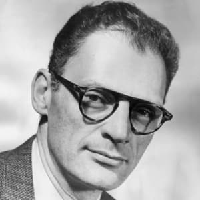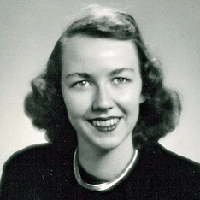Priest mbti kişilik türü
Kişilik
"Priest hangi kişilik türü? Priest, MBTI, 5w6 - sp/so - 'de INFJ kişilik türüdür, RCOAI, RCOAI, büyük 5, IEI' dır."
I would argue that her Ni is largely overlooked by the Chinese fandom while her Fe is exaggerated, leading to a ton of misconception and surface-level reading of her works. ¶ Morality, misconception and Fe • It is almost funny to me that many in CN fandom consider priest characters to be "too politically correct", "unrealistically moral to the point of being condescending", or that her characters are essentially the same person. To put it simply, their moral values aren't even similar among themselves. ➼ On justice: Zhou Zishu's extreme "ends justify means" utilitarianism is in no way compatible with Luo Wenzhou who believes in a modern view of criminal justice. Wen Kexing's revenge plan (which isn't framed as evil in the novel) is contradictory to Mo Du's message about procedural justice and the danger of vigilante. ➼ On nationalism v. internationalism: SPL and Lord Seventh are both partly about loyalty and patriotism while even the concept of nation states is outdated in The Defective. ➼ On altruism: while a major part of The Defective is centered around LBX's efforts to help the common people, so are most of her novels, the main characters in Liu Yao are essentially isolated from the commoners and have no societal pursuits (except that you shouldn't murder people, but that's different from actively helping). • In her own words, characters have different personal pursuits based on their external circumstances. The only apparent similarity, in my opinion, is their ability to "transcend"; to be an ideal version of themselves according to a singular vision. ¶ Willpower, vision and the Ni/Se • Willpower is important for priest protagonist, but not in the classical meaning of the term. Willpower in priest main characters is linked to the determined, dogmatic and direct nature of Ni/Se axis. ≻ “Se/Ni has a particular “vision” to contemplate(Ni) or practice (Se). Se/Ni is direct, deep, daring, and singular, tunnel-visioned, stressing one perspective but with deep insight.” “[The Ni type] feels bound to transform their vision into their own life. Since they tend to rely exclusively upon their vision, their moral effort becomes one-sided. ” • All of priest characters can be described as strong-willed and determined, actively striving after a certain ideal. They move forward without regrets despite the moral grayness in their action. They are the "ideal form" of human; not necessarily ethical or "good" in the conventional sense(although some really are), but strong-willed to the point of exceeding the limit of human vulnerability. ¶ Ti/Fe universalism ≻ "Cowardice, laziness, escapism and greed are not crimes. They are part of the inherent human nature, similar to how we are born with two eyes and one nose. Those attributes of mankind are a result of evolution, ensuring our survival throughout history. Therefore, every time people transcend from their basic human nature, however small, it is a highlight and miracle. The discovery and affirmation of humanity should be based on acceptance." ≻ "I don’t want to discuss the “the bottom of society” as if we were talking about someone else's business. In fact, the so-called “bottom of society” are the people who fail to find a seat in the game of “grab the bench”. Today is me, tomorrow is him, and the day after tomorrow, you don't know who it will be. In the long run, we are all in this together." • I find this to be a very Ni+Ti/Fe worldview based on "everyone is cut from the same cloth" universalism, and admiration for the transcendence of human nature.
Biyografi
Priest (pseudonym) is a Chinese author signed under JJWXC. She writes danmei and women's growth-centric novels of different genres, which have been adapted into manhua, donghua, and cdramas. The cdramas Guardian, Legend of Fei, and Word of Honor are all TV adaptations based on Priest's novels.
Kişilik correlate
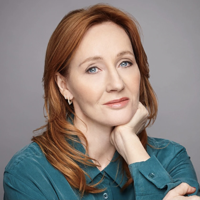
J. K. Rowling
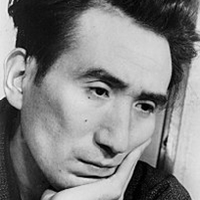
Osamu Dazai
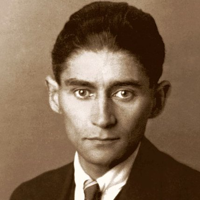
Franz Kafka
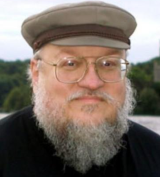
George R. R. Martin

Robert Greene
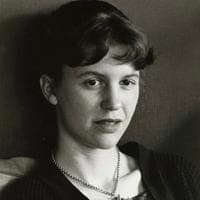
Sylvia Plath
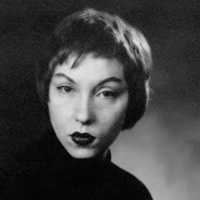
Clarice Lispector
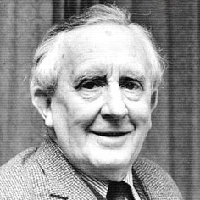
J. R. R. Tolkien


